The potential of expanded vermiculite is constantly being unlocked through its wide application in horticulture, construction, and other industries. It is expected that the price of vermiculite will rise, indicating a huge market space.
Reading this blog, you can learn about:
What is vermiculite?
Its name is from the Latin vermiculare, "to breed worms", for the manner in which it exfoliates when heated.
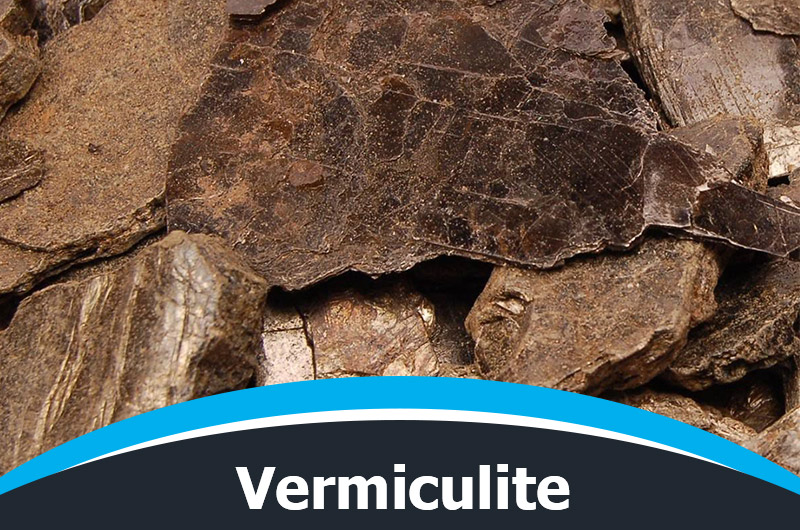
Vermiculite is a natural, non-toxic silicate mineral with the chemical formula (Mg,Fe2+,Fe3+)3[(Al,Si)4O10](OH)2·4H2O. It is generally brown, yellow or dark green, with an oil-like luster, but turns gray when heated.
| Vermiculite | Physical properties |
| Hardness | Mohs scale hardness 1.5-2 |
| Density | 50-250 kg/m³ |
| Crystal system | Monoclinic |
| Luster | Greasy or vitreous |
| Color | Colorless, yellow, green, brown, black |
| Diaphaneity | Translucent |
| Associated mineral | Asbestos, clay |
After heating, the volume of raw vermiculite rapidly expands several to dozens of times, turning into expanded vermiculite.
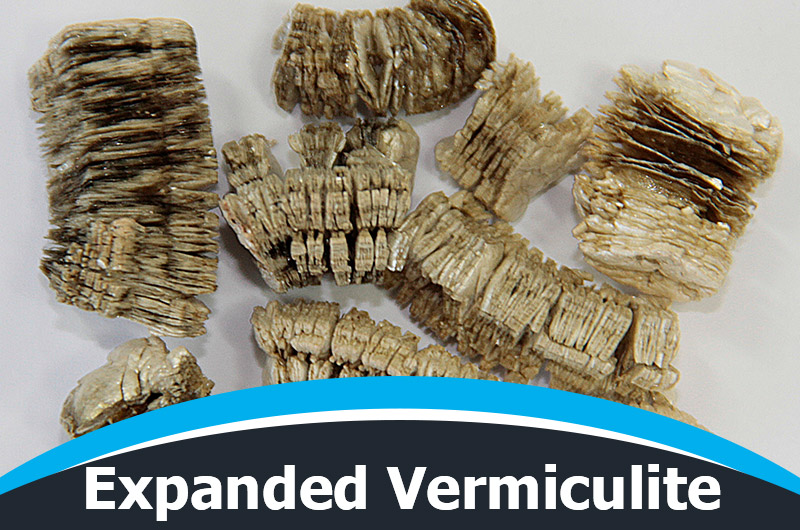
Expanded vermiculite has unique structural and surface properties, as well as non-toxic, sterile, and chemically inert. It has a bulk density of 64-160kg/m³, moisture content of 4-10%, low density and low thermal conductivity, and can be used as an adsorbent, fixation agent and feed additive.
How to produce expanded vermiculite?
Vermiculite has low surface activity, making it difficult to react with flotation agents. Wet beneficiation generates a large amount of polluted wastewater, so dry beneficiation is mostly used.
In order to obtain expanded vermiculite products, the processing procedure of vermiculite involves six main steps: crushing, screening, magnetic separation, preheating, roasting, and cooling.
1. Crushing process
To prepare vermiculite for roasting and various applications, it must be crushed using various crushers to achieve the required particle size.
The hammer crusher can simplify the crushing process and can directly break large and thick flakes (feeding particle size is 600-1,800 mm) of raw vermiculite ore into small pieces of 25 mm or less, and separate the vermiculite and gangue.
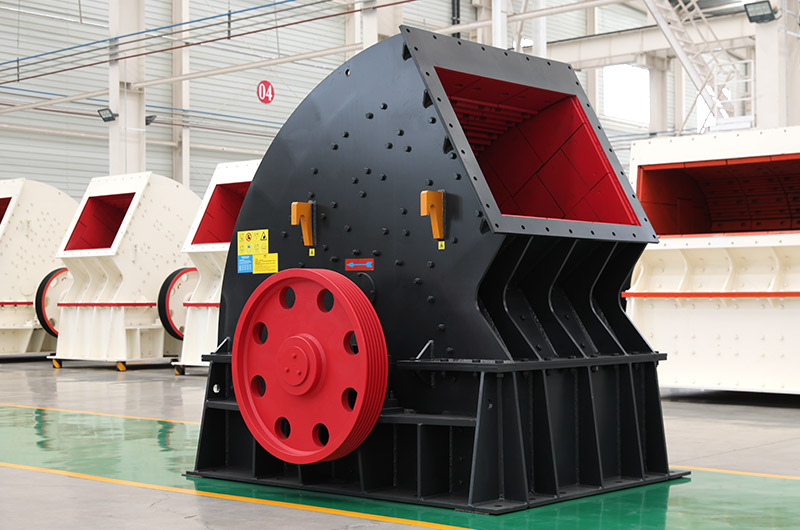
If finer particle size is required, a double toothed roll crusher can be used for further fine crushing to 2-10 mm.
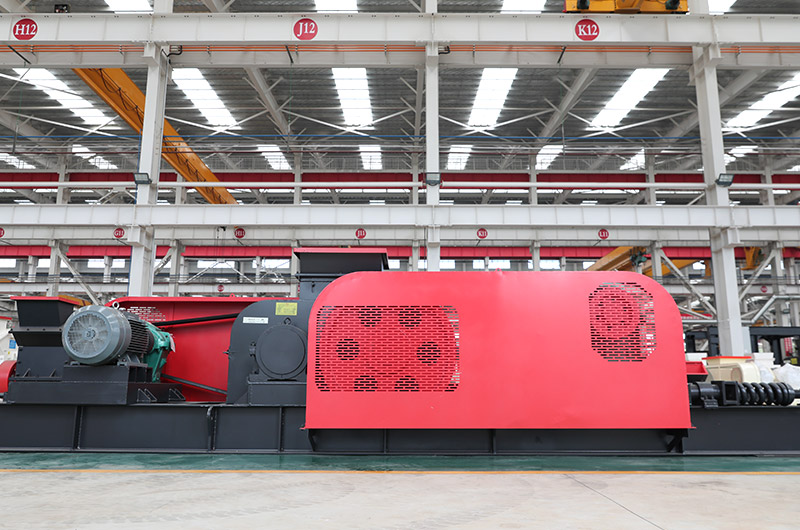
2. Screening process
The crushed vermiculite needs to be classified to screen out the vermiculite with suitable particle size.
The FTM Machinery vibrating screen, with its more durable carbon steel screen than those on the market, offers high screening efficiency, multiple specifications, and layers to enhance the value of raw vermiculite ore.
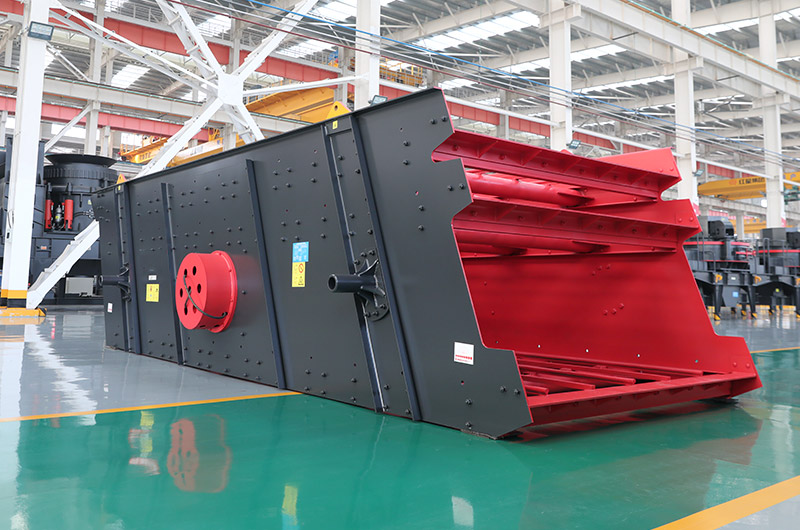
3. Magnetic separation process
Vermiculite does not have any magnetism. The magnetic and weak magnetic gangue minerals in the raw ore can be separated out by a strong magnetic separator to effectively improve the quality of vermiculite.
FTM Machinery has efficient and convenient magnetic separation equipment, which can provide the best separation efficiency according to material characteristics and magnetic field strength.
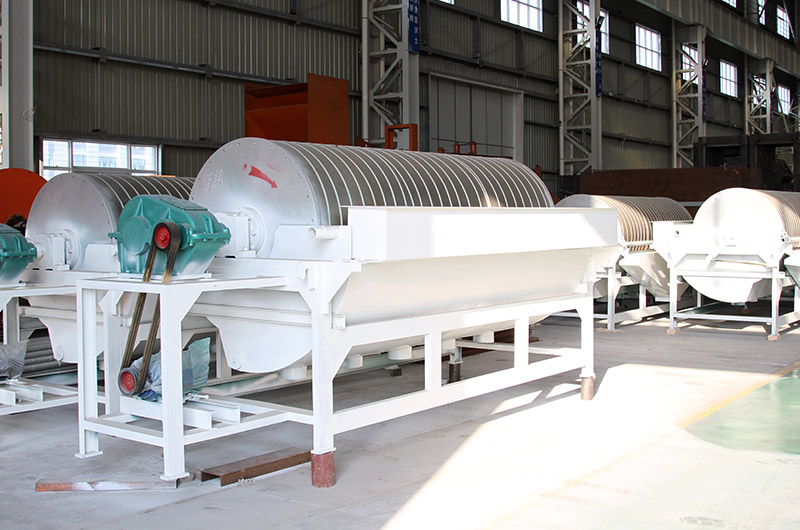
4. Preheating process
Since the moisture content of raw vermiculite has a certain impact on the expansion performance, natural drying or rotary drum dryer preheating can be used to reduce moisture. The moisture content after drying can reach 0.5-1%.
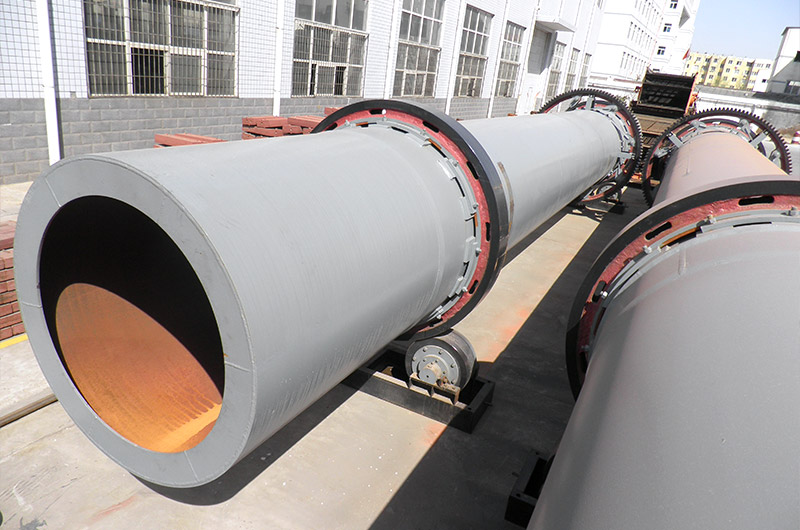
5. Calcination process
Calcining is a crucial step in producing expanded vermiculite. Preheated vermiculite enters the rotary kiln for calcination.
The FTM Machinery Rotary Kiln offers a high production capacity of 180-10,000 t/h and boasts excellent wear resistance, bending strength, and refractory resistance. It is also equipped with a reliable sealing system, ensuring pollution-free production.
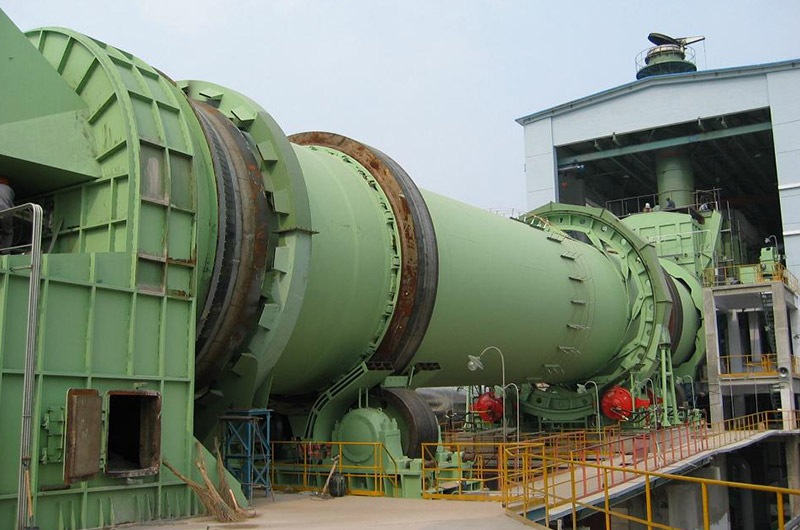
At temperatures below 150°C, vermiculite does not expand. As the kiln temperature reaches 800°C to 1000°C, interlayer water turns into water vapor, causing rapid expansion of vermiculite to 8-10 times its original size.
This expansion process lasts only 5-30 seconds, with higher purity vermiculite expanding more quickly.
6. Cooling process
The calcined expanded vermiculite should immediately enter the cooling machine or be cooled naturally.
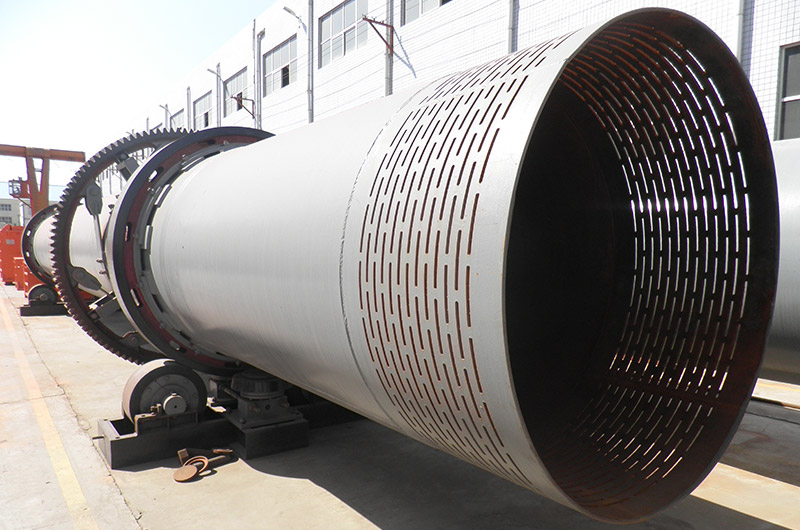
The FTM Machinery cooling machine can cool the clinker coming out of the rotary kiln to below 200°C, maintaining the strength of the vermiculite without embrittlement, while improving the quality and grindability of the clinker.
Applications of expanded vermiculite
The application of vermiculite mainly refers to the application of expanded vermiculite. Expanded vermiculite is widely used in construction, insulation, gardening, etc.
1. Expanded vermiculite in gardening
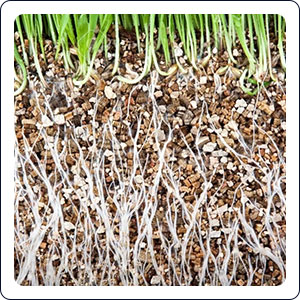
Improve aeration: Expanded vermiculite has a high water-holding capacity to help the soil breathe better, increasing seed germination speed.
Soil adjusting: The neutral pH of vermiculite contains beneficial compounds for acidic soils, and absorbs harmful heavy metals in the soil.
Expanded perlite is also used in gardening, but it differs from vermiculite:
- Perlite is excellent at soil aeration and drainage, especially loosening heavy, compacted soil.
- Vermiculite has better water retention and greater expansion potential, making it ideal for providing essential nutrients to plants.
2. Expanded vermiculite in construction industry
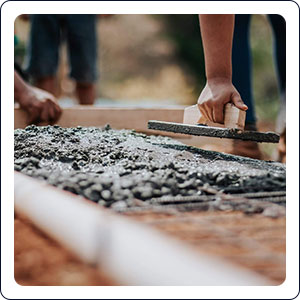
In construction, expanded vermiculite is often selected as a mortar component because of its sheet-like structure with good adhesion.
In addition, vermiculite has low thermal conductivity, so the concrete added with vermiculite has flame retardancy.
3. Expanded vermiculite in animal husbandry
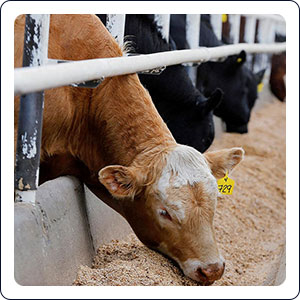
Adding vermiculite to animal feed can improve feed utilization.
Vermiculite can also absorb toxic substances and pesticides in feed and reduce the content of pollutants in animal meat.
4. Expanded vermiculite in thermal insulation materials
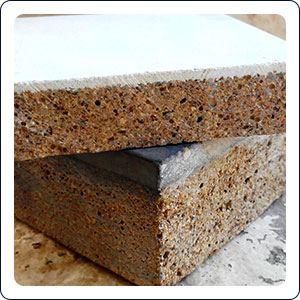
Expanded vermiculite maintains its performance at high temperatures of around 1000℃.
Therefore, it can be used as attic insulation or chimney lining insulation.
Conclusion
As the value of vermiculite continues to be discovered, the demand for vermiculite will further increase. If you want expanded vermiculite products, FTM Machinery can provide you with complete vermiculite crushing, beneficiation and calcining equipment.
References

